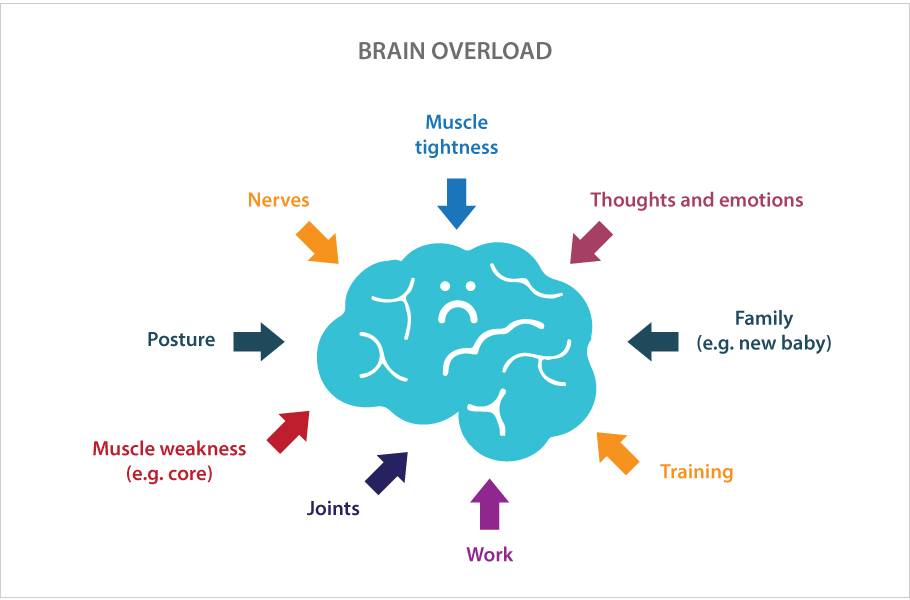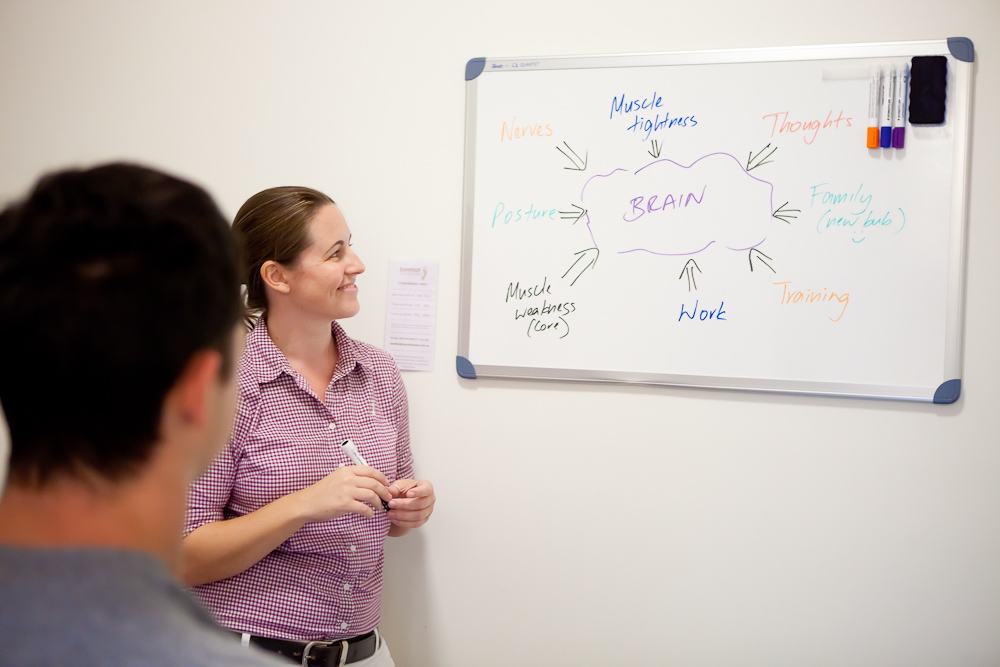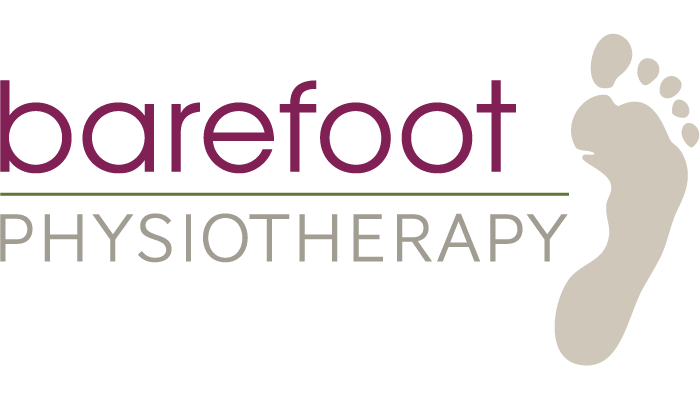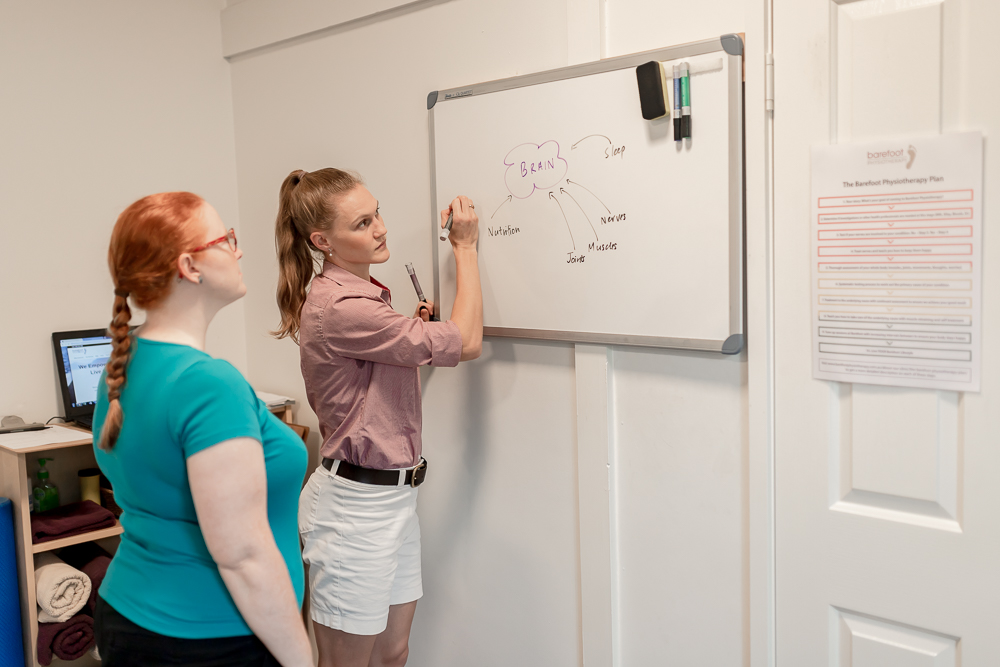Brain Overload
We all have a lot going on in our life – and it is frustrating when we sustain an injury on top of all of that. Our Brains are incredible things taking in information from all areas internal and external constantly. Our brain can get over-loaded with negative information from the body. Its only way of letting you know that it can’t cope is by telling you to stop, so that you change what you are doing. This message from the brain to the body is usually in the form of symptoms. Symptoms can include:
- Pain, numbness, tingling, aching
- Restricted movement (stiffness)
- Muscle tension
- Headaches
- A cold or flu, feeling run-down
- Sleeping issues
- Heavy feeling in the chest, anxiety
- Shallow breathing patterns
- Digestive problems
- Etc…
Your body will tell you in its own way. It is typically a symptom that will limit you doing what you love so you have to stop and look into options of how to fix it. Types of load on the body:
- Musculoskeletal load on the body can be changed, and if you ensure that you are not loading up your body with poor postures, bad training techniques, tight muscles or stiff joints, life can be a lot more manageable.
- Work load is less changeable. There may be deadlines due that month and there may not be much we can do about it.
- Amount of sleep. This is sometimes decided by us and for others it is dependent on a few things – new born babies, roadworks out the front of your house, etc.
- Down time/rest days. Once again, this may or may not be decided by us.
- Nutrition. This is usually decided by us, but there are always times when we can’t control our intake of food (delayed flight and having to eat at the airport, out to dinner with friends etc)
- Emotional Load. This can be in the form of stress, worry, anxiety, depression. It can be thoughts, beliefs, fears or memories that you have. This can be changeable with the right input for each individual.
- General Health Load. These are non-musculoskeletal influences on the body. Things like our organs, immune system, endocrine/hormonal systems, infections, illness, conditions.

Let’s look at an example: A client who is a Barrister had a deadline coming up in 3 months where a lot of work needed to be completed by the end date. There were loads that she could manage and others she couldn’t.
- Managing Musculoskeletal Load.
- Looking at her workstation set up. The client arranged for a new chair that was more supportive and helped her maintain a better posture. She also took regular breaks from sitting at the computer.
- Booking ahead for regular tune ups with us for Physiotherapy. Injury Prevention.
- Planned for regular walks with her dog.
- Managing Work Load.
- There was little that the client could do about the work load.
- Managing Sleep.
- The client maintained a somewhat forced regular sleep pattern through the 3 month period. This meant going to bed at a similar time every night (within 1/2hr) and waking up at a similar time each day.
- Managing Down Time.
- The client found that for her, walking the dog regularly was a good way to clear her head whilst looking after her musculoskeletal system at the same time.
- Managing Nutrition.
- This client decided she would avoid alcohol for the 3 month period. She also decided to eat healthy every meal.
- Managing Emotional Load.
- The client stayed focussed on self assessment through the entire period. If she felt the work load start to feel like stress, she would breathe deeply, settle her thoughts, and continue.
- Managing General Health.
- This was already fine and stayed fine.
With all this planning of how to reduce load on her body and brain, the client made it through the busy work period without disruption or exhaustion and was able to continue on with her work at a normal pace after this, symptom-free. Looking after all the aspect in her life in a good way, reduced any negative messages being sent to the brain. Therefore, the brain had no reason to tell her that there was a problem!

Everyone will approach their situation differently, and there are many options for all of us. In another scenario, someone may have needed to do this. Example B:
- Managing musculoskeletal Load
- Client B may have needed to spend time stretching or using a tennis ball/foam roller to massage themselves for 15 mins everyday.
- Or to go to Yoga x1-2/week
- Managing Work Load
- Client B may have discussed the work stress and developed a plan of how to prioritize the work tasks that were due with their colleagues/Boss.
- Or, Client B may have arrived at work 1hr earlier each day of that busy work period to achieve more of the workload instead of leaving 1 hour later, therefore feeling like there was still enough down time at the end of the day
- Managing Sleep
- Client B may have a new born baby and is unable to change this
- Managing Down Time
- Client B may like to go to the movies, spend time listening to music or enjoy catching up with friends as their down time. But again, this may be limited by the new born.
- Managing Nutrition
- Client B may be gluten free and needed some help with options for good food intake. They could get assistance from a Nutritionist/Dietician, Naturopath or GP
- Managing Emotional Load
- Client B may have needed more support than what their colleagues and Boss had given them and applied for a Psychology referral through work.
- Client B may have not been stressed from the workload, but more due to the emotional rollercoaster of having a new born. This client may have attended the meditation or Yin classes at yoga to help deal with this.
At Barefoot Physiotherapy, we can help you manage Musculoskeletal reasons for why your brain is being overloaded. We do this by assessing for warning signs in the body. Warning signs include:
- Nerve irritability
- Muscle spasm/tightness
- Joint hypomobility (stiffness) or hypermobility (excess movement)
- Muscle weakness
- Postural Accumulative Strain
- Tendon, ligament, cartilage or boney damage
- Your thoughts towards your body – negative thoughts, fear of movement, worry, concern
To solve the underlying cause of a condition in your body, we need to do a very thorough musculoskeletal assessment from head to toe. After this thorough assessment, we can work out whether we are the person to help you, or whether the cause may be of a non-musculoskeletal nature, and seeing a different therapist or doctor may help you more. We can typically work this out in 1-3 sessions.
Injury Prevention:
You do not need to have musculoskeletal symptoms to be assessed by us. We can assess you when you are symptom-free to work out if anything is building up in your body that would eventually become an issue. This is a positive step towards injury prevention. If you want to live your Barefoot Lifestyle for longer, this is recommended for you!






